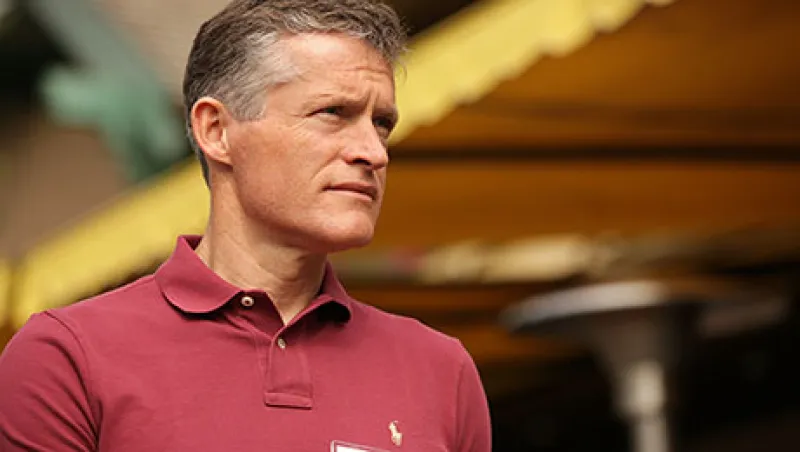Stock market investors have been whooping it up after the Standard & Poor’s 500 stock index posted an unexpectedly strong 9.5 percent gain last year.
However, there is one group of stock jockeys that must be glad to wipe the slate clean for a new year: the managers that have some sort of ties to Julian Robertson Jr.’s Tiger Management. These are the so-called Tiger Cubs (whose founders worked directly for Robertson in Tiger’s heyday in the 1990s), Grandcubs (who worked directly for Cubs), Seeds (who got start-up capital from Robertson), and other descendants.
Many of these managers’ funds, especially the largest, best-known long-short funds, finished the year in the red. Several of them sharply reduced large earlier-year losses, but not enough to get back into positive territory for the year. Others were in winning territory until Donald Trump’s surprise Presidential election win in November but then suffered sharp losses in the final two months of the year.
One reason for the disparity in performance between these funds and the stock market: Many of them are heavily invested in the technology, internet and health care stocks that lost money last year and also in the tech stocks and big global companies that were hurt by the rising dollar following the election. Several also lost money on their short positions in what was yet another tough year for betting against the surging stock market. Tiger-related funds also have not tended to invest in the cyclical, energy-related, infrastructure-related, or financial stocks that helped propel the markets since the election.
One of the worst performers was Chase Coleman’s Tiger Global, operated out of his New York investment firm Tiger Global Management, which finished the year down 14.9 percent after declining slightly in the fourth quarter.
The fund never recovered from its horrendous start to 2016, when it lost 14.4 percent in January alone and another 8.5 percent in February. In the first quarter, Tiger Global lost 11.5 percent on its public equity long book and 5.3 percent on its short book.
The three main long-short funds operated by Stephen Mandel Jr.’s Lone Pine Capital lost between 1 percent and 2 percent last year, owing partly to the firm’s short book. The firm’s long-only fund, Lone Cascade, gained about 1 percent for the year. However, this weak performance also underscores how poorly the firm’s long positions fared.
Tiger Seed Jonathan Auerbach’s Hound Partners Offshore Fund, managed by his firm, Hound Partners, gained another 1.8 percent in December, capping a strong second half of the year. This cut the fund’s loss for the year to just 2.3 percent. It had been down close to 16 percent in the first half of the year. Hound benefitted in part from its decision to liquidate its huge stake in struggling drug maker Valeant Pharmaceuticals International back in June.
O. Andreas Halvorsen’s Viking Global Investors also was more hurt by its short bets than its long holdings. For example, Viking Global Equities, its long-short equity fund, lost 3.6 percent in the fourth quarter of last year, causing it to lose 4 percent for the year. Its long-only Viking Long Fund lost just 0.50 percent in the fourth quarter and finished the year up 3.9 percent. But this was less than half the gain posted by the S&P 500.
Chris Hansen’s Valiant Capital Partners, operated by Valiant Capital Management, was doing just fine through October, when it was up 2.17 percent. But even then it had lost nearly 7 percent on its side pockets — the name it gives to its portfolio of private investments — and more than 6 percent on its public short positions.
And the fund went on to lose 6.6 percent in November and nearly 4 percent in December, all due to the fund’s public securities. As a result, Valiant finished the year down between 8 percent and 9 percent.







